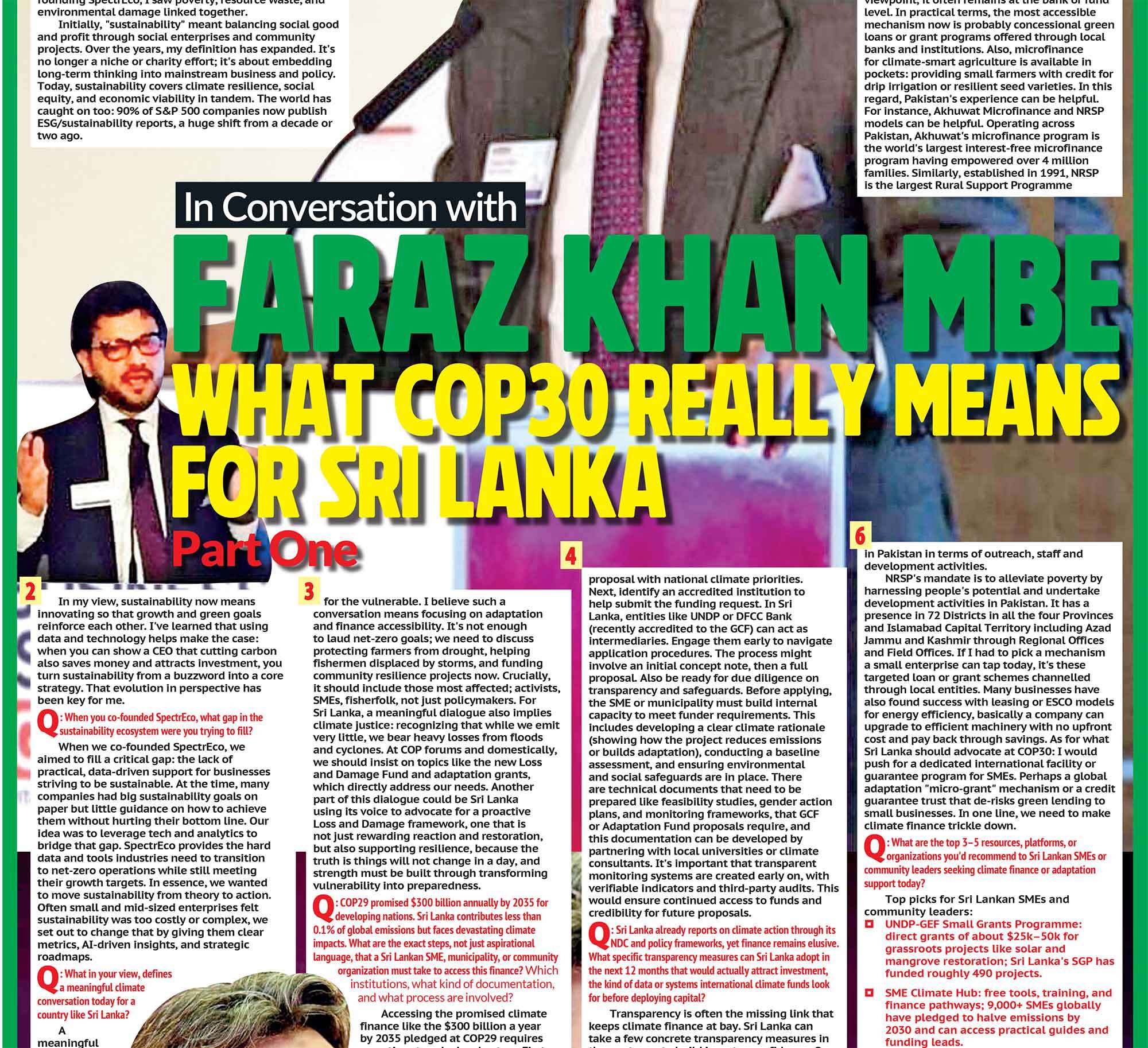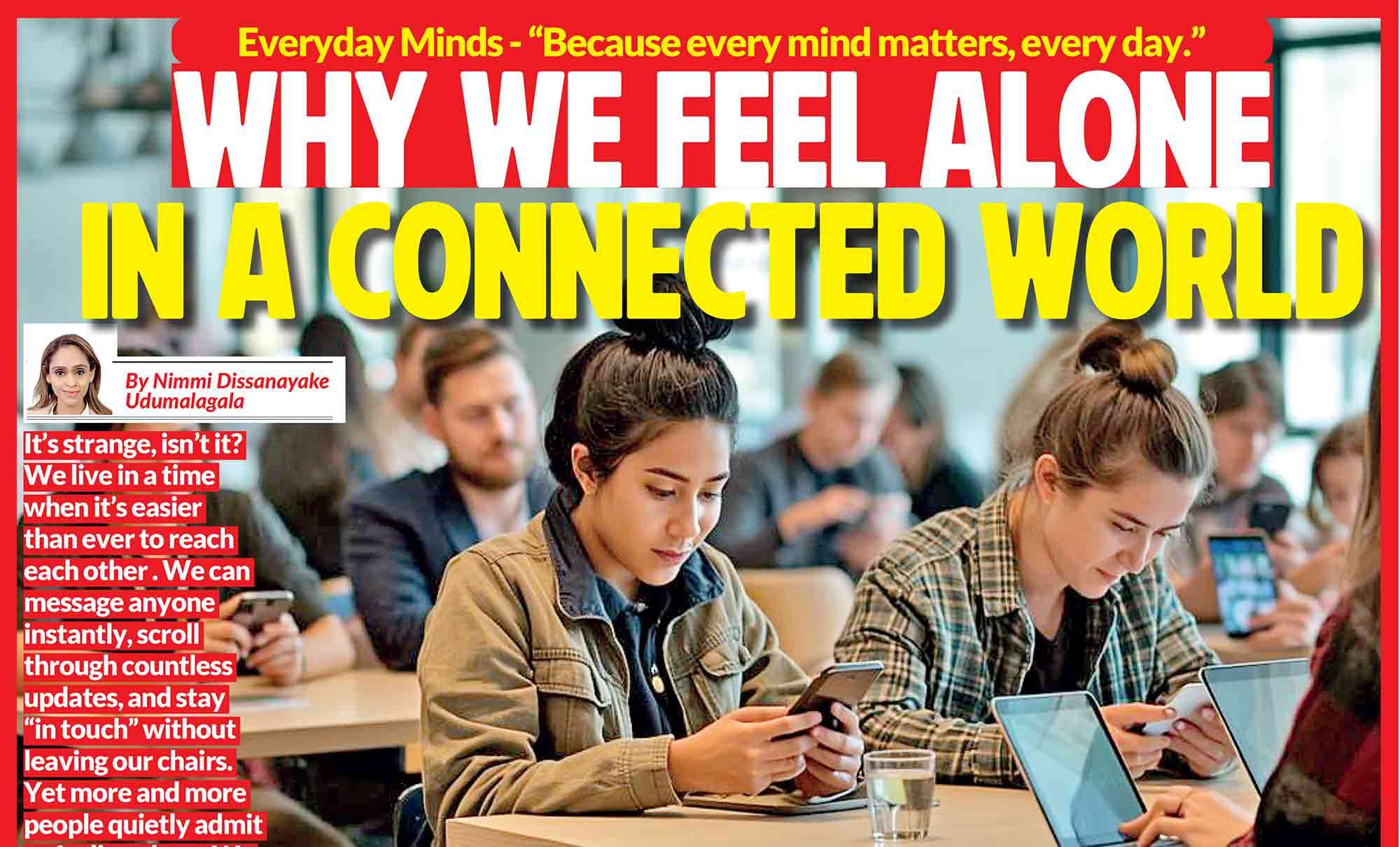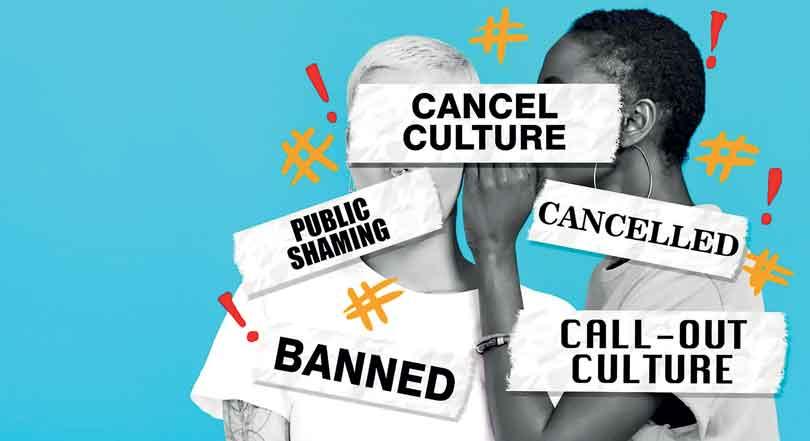
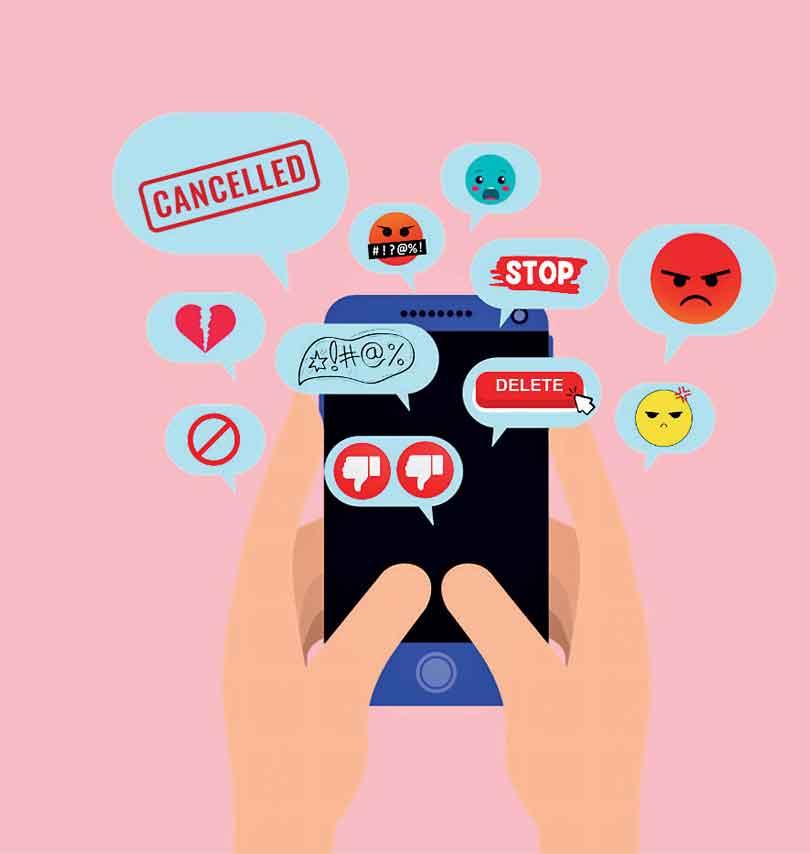
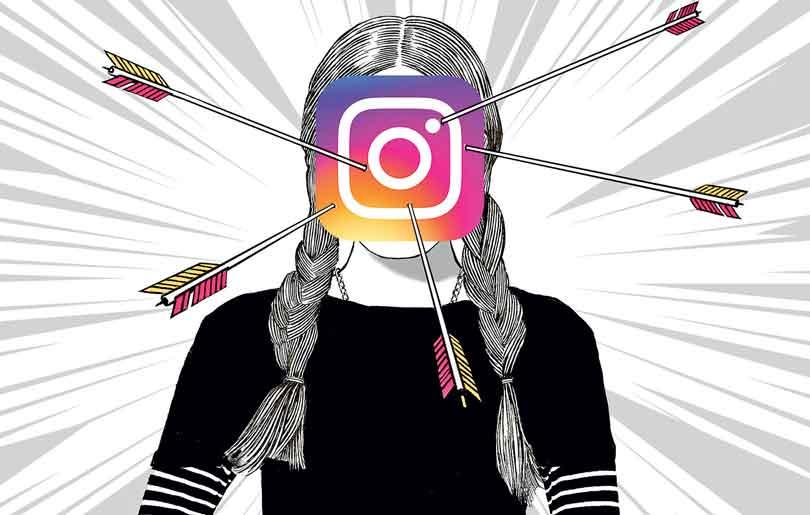
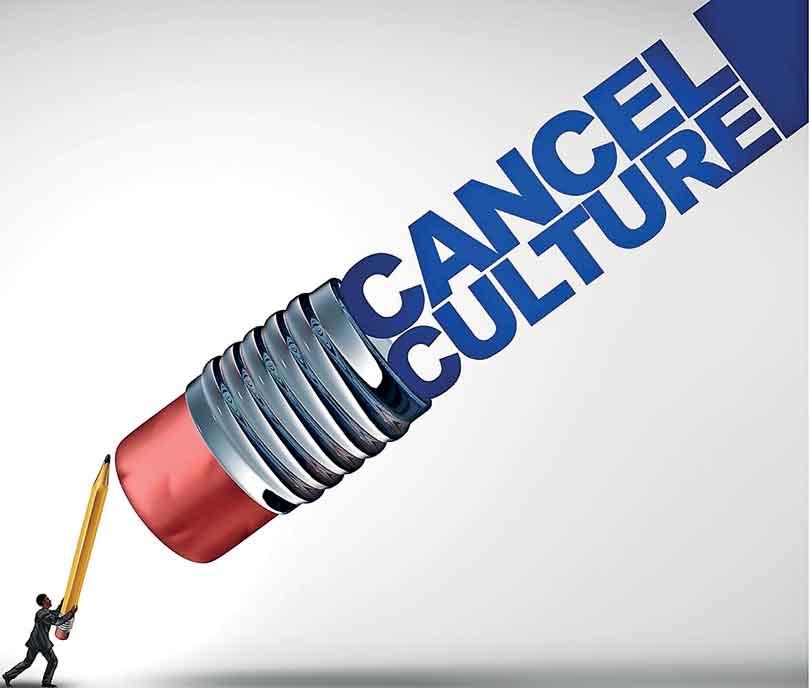
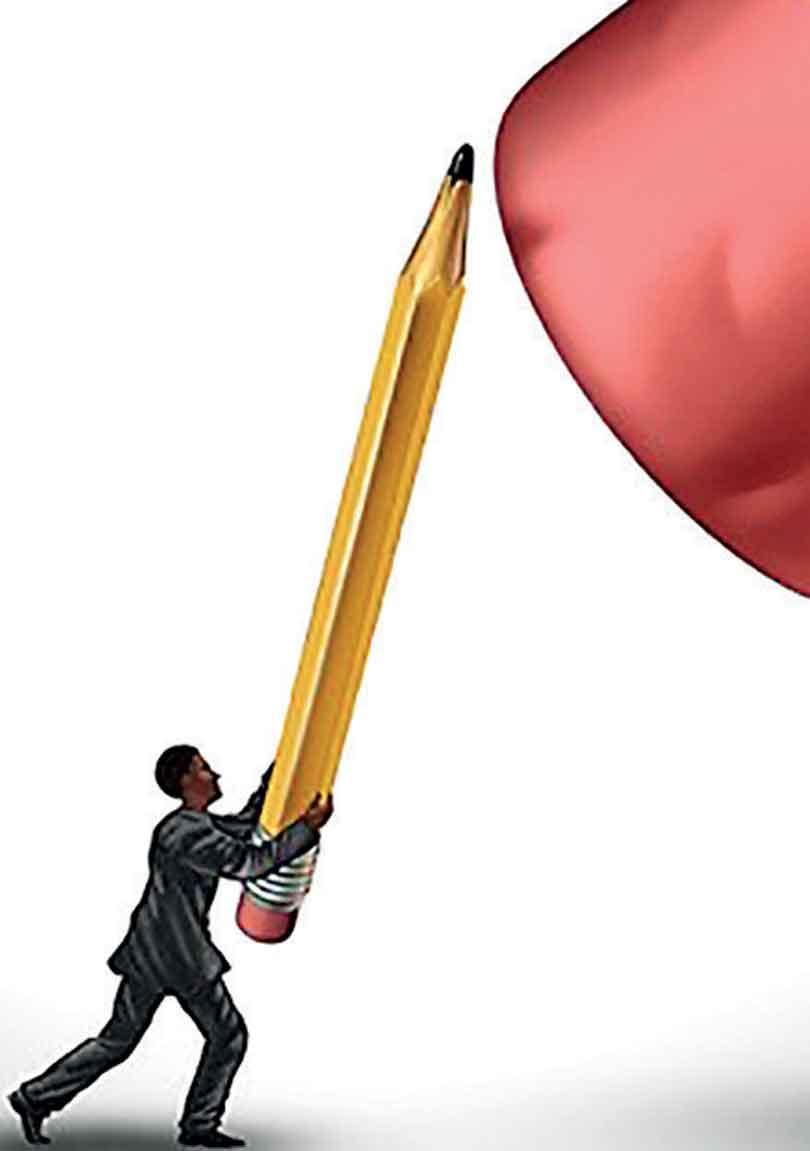
In the age of social media, outrage has become a sport. A single tweet, a resurfaced video, or an ill-phrased comment can ignite a firestorm, setting in motion what has come to be known as cancel culture, a form of public shaming that often results in professional ruin, social ostracism, and emotional devastation. While its defenders argue that “cancelling” holds people accountable, its detractors insist it promotes mob justice, silences dialogue and leaves no room for redemption. In both the personal and corporate spheres, cancel culture has proven to be a double-edged sword; one that cuts deep and often unfairly.
The Rise of Cancel Culture
The term “cancel culture” emerged from Black Twitter around 2015 as a humorous shorthand for cutting ties with problematic celebrities. However, what began as satire quickly evolved into a weaponized form of social punishment. Empowered by the immediacy of social media, people discovered that collective outrage could bring down even the most powerful figures. The intention, in many cases, was noble, to demand accountability from those who abused power or perpetuated harm. But in its modern incarnation, cancel culture has transformed into a culture of condemnation rather than correction. Today, a single viral post can end a career overnight. The digital public sphere, where nuance often dies and mob mentality thrives, offers no trial, no context, and no chance for redemption. The result is a chilling atmosphere of fear, where both individuals and brands tiptoe through a minefield of potential misinterpretations.
The Human Cost: When Individuals Are Cancelled
Consider the many instances where a person’s reputation has been destroyed in the blink of an eye. One need not look far to find examples, from celebrities and comedians to teachers, journalists, and even ordinary citizens. In 2020, for instance, author J.K. Rowling faced widespread backlash for expressing her views on gender and biological sex. While her comments were controversial, the scale of condemnation, including calls to boycott her books and strip her of awards, raised important questions about free expression and the line between criticism and cancellation. Beyond high-profile cases, the effects of cancel culture on private individuals can be devastating. A viral video of someone making an insensitive remark may lead to their firing, harassment, and social isolation. Internet mobs rarely differentiate between malicious intent and human error. The digital permanence of such incidents ensures that even after apologies and accountability, the stain of cancellation lingers. Psychologically, the impact is severe. Targets of cancellation often experience anxiety, depression, and suicidal thoughts. Public shaming at this scale leaves no safe space for healing or dialogue. Jon Ronson, in his book ‘So You’ve Been Publicly Shamed,’ explores how the internet’s moral outrage often mirrors the cruelty of medieval punishments, but without any of the finality that allowed victims to eventually move on.
The Corporate Fallout: When Brands Are Cancelled
Brands, too, are not immune. In fact, corporate cancellations have become almost a trend. From fashion labels to food chains, companies now live in constant fear of social backlash. In 2018, Dolce & Gabbana faced boycotts in China after a racially insensitive advertisement featuring a Chinese model eating Italian food with chopsticks went viral. The backlash was swift and unforgiving, luxury retailers pulled their products, events were cancelled, and the brand’s reputation in one of its biggest markets suffered immensely. Even well-intentioned companies are not spared. Pepsi’s infamous 2017 commercial featuring Kendall Jenner, meant to promote unity, was accused of trivializing social justice movements. The outrage was instantaneous, and Pepsi pulled the ad within 24 hours. But the reputational damage was already done, and it served as a warning to every marketing department in the world. While consumers have the right to demand ethical accountability from corporations, cancel culture has turned this into a zero-sum game. A single misstep, often amplified by algorithms and outrage, can erase years of brand-building and goodwill. Many companies, out of fear, now opt for performative apologies rather than genuine change. The emphasis shifts from learning and growth to damage control.
Accountability vs. Annihilation
The central issue with cancel culture lies in its conflation of accountability with annihilation. Holding people or brands accountable for their actions is essential in a just society. Racism, sexism, and exploitation must be called out. However, accountability should aim to educate and transform; not to destroy. In the current climate, the court of public opinion operates without due process. Context is often lost, intentions are ignored, and proportionate responses are replaced by collective outrage. A misjudged joke or a ten-year-old tweet can lead to the same punishment as deliberate acts of harm. This moral absolutism leaves no room for human complexity or growth. Furthermore, cancel culture creates an illusion of moral superiority. People engage in online condemnation not always out of genuine concern, but often to signal their own virtue. The dopamine rush of outrage, amplified by social media algorithms, fuels a cycle of performative activism where the act of “cancelling” becomes more important than the pursuit of justice itself.
The Silencing Effect
Perhaps the most damaging consequence of cancel culture is the chilling effect it has on open discourse. Writers, artists, academics, and professionals increasingly self-censor, fearful that an unpopular opinion might end their careers. Universities have reported students and lecturers avoiding controversial topics altogether. The result is intellectual stagnation, a world where creativity and critical thinking are replaced by conformity and fear. In the creative industries, this has led to homogenized expression. Comedians avoid satire; filmmakers shy away from social commentary; journalists walk on eggshells. The irony is that in attempting to create a more inclusive world, cancel culture has instead narrowed the spectrum of permissible speech.
The Path Forward: Towards Constructive Accountability
The alternative to cancel culture is not silence; it is dialogue. Society needs mechanisms for addressing harm that do not rely on digital mobs. Constructive accountability encourages education, empathy, and proportionality. It acknowledges wrongdoing but also allows for growth.
For individuals, this means being open to listening, apologizing sincerely, and learning. For the public, it means recognizing that people evolve and that mistakes, especially those made in ignorance rather than malice, can be corrected through compassion, not condemnation. For brands, it requires moving beyond performative gestures and embracing meaningful change. When faced with criticism, companies must respond with transparency, acknowledge their missteps, and demonstrate a commitment to improvement rather than merely appeasing online outrage.
A Culture of Forgiveness
Forgiveness, once a cornerstone of social progress, has become unfashionable in the age of cancellation. Yet it is precisely what society needs to heal and evolve. Mistakes are inevitable in a world as complex and diverse as ours. What matters is not the absence of error but the willingness to learn from it. As philosopher Martha Nussbaum once noted, “Anger and retribution do not lead to progress; only understanding does.” The internet’s capacity for connection and empathy should not be overshadowed by its capacity for destruction. It is time we remember that justice without mercy becomes vengeance.
Cancel culture began as a call for accountability but has mutated into a mechanism of fear and division. It punishes without proportion, silences without dialogue, and leaves little room for redemption. Individuals lose careers; brands lose credibility; society loses compassion. To move forward, we must replace cancellation with conversation, outrage with understanding, punishment with progress. True accountability is not about erasing people but helping them evolve. Only then can we build a culture that is not defined by who we cancel, but by how we heal.




